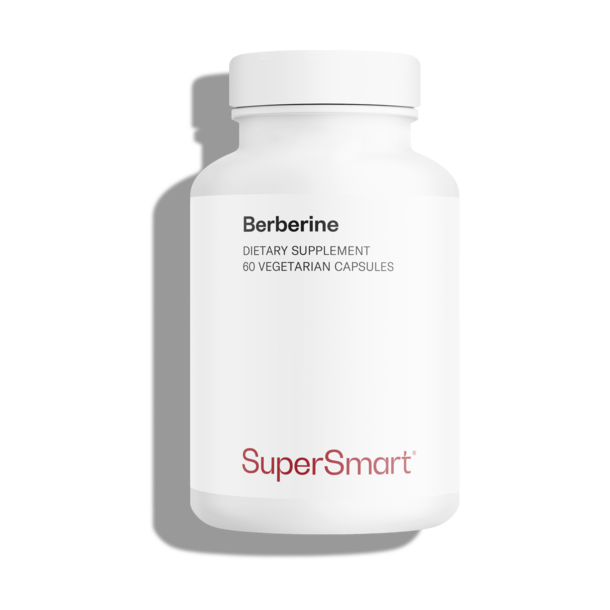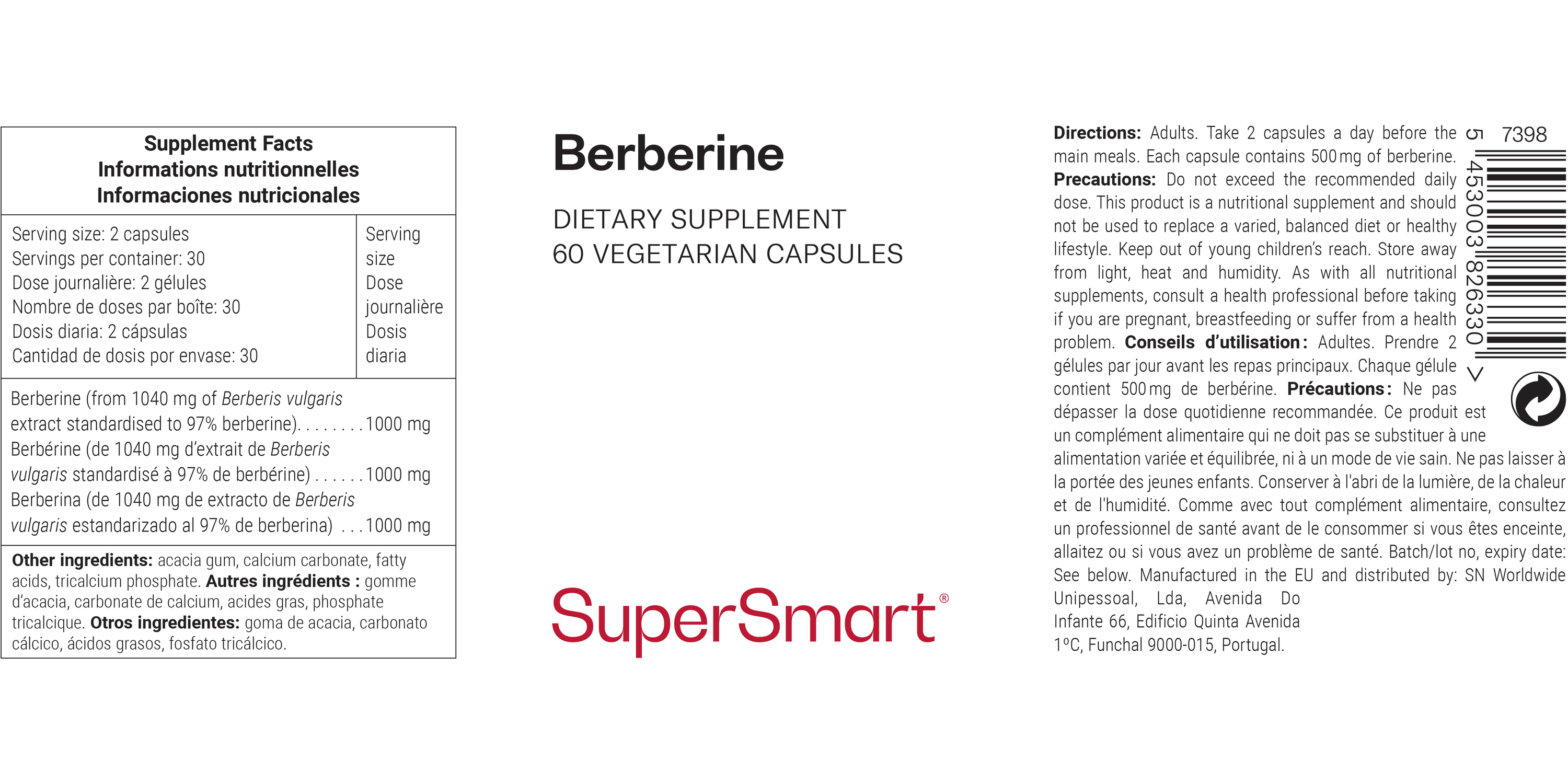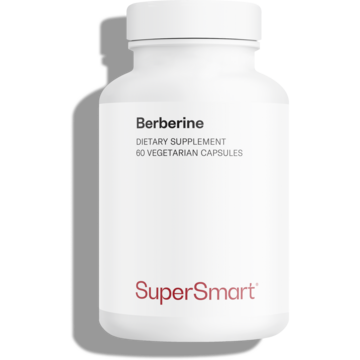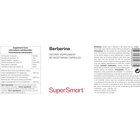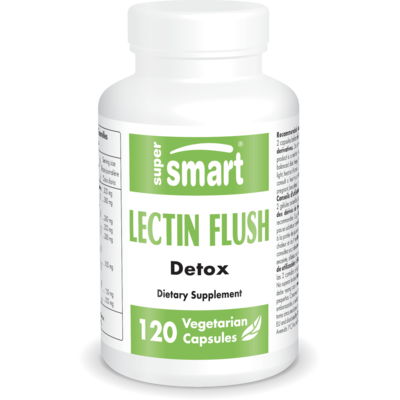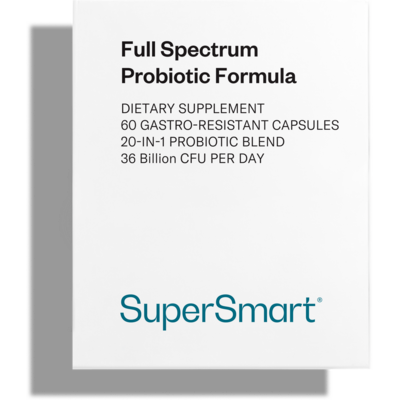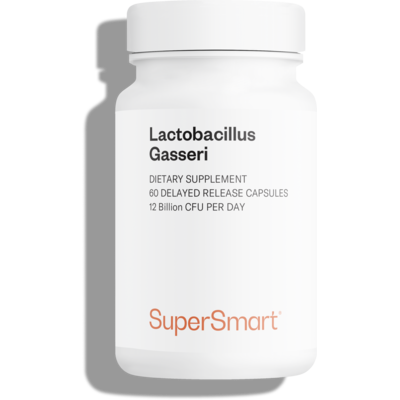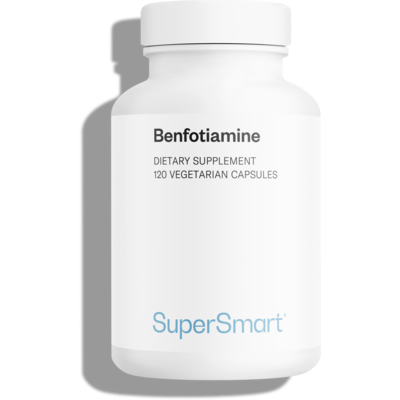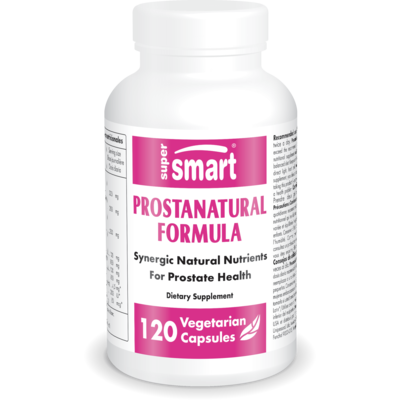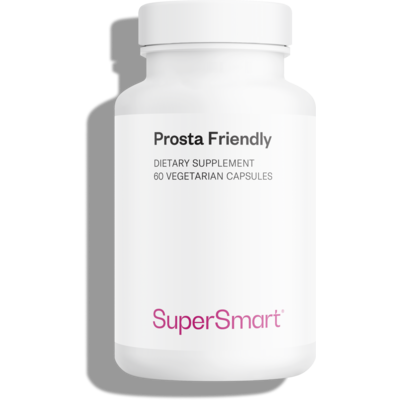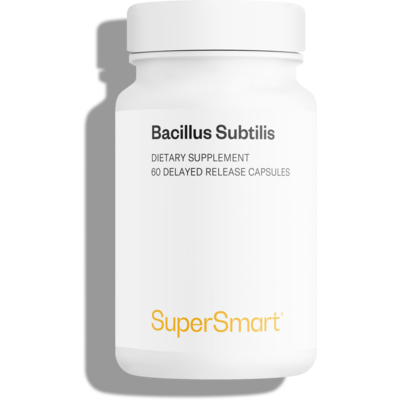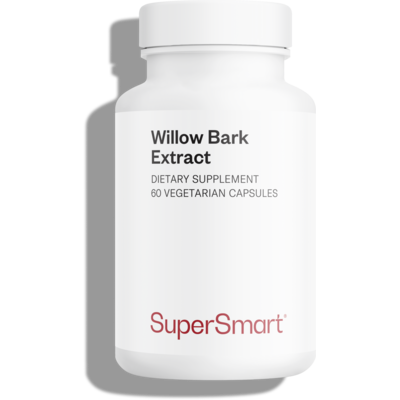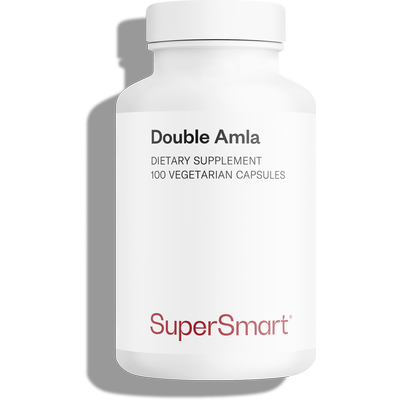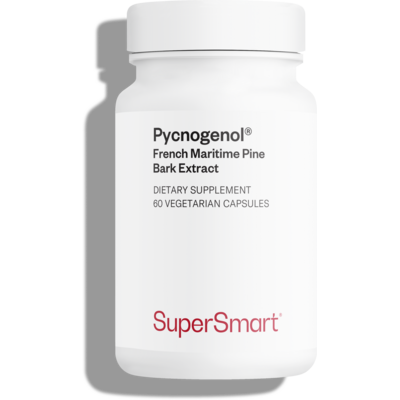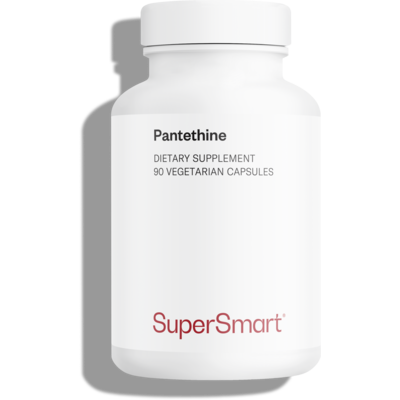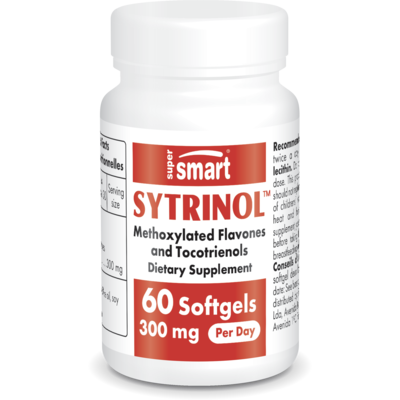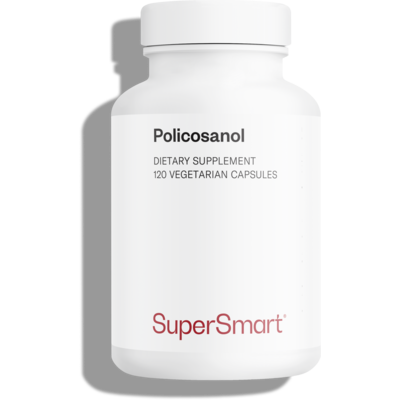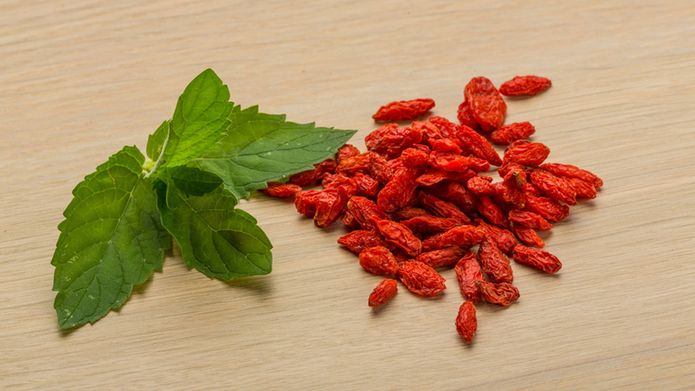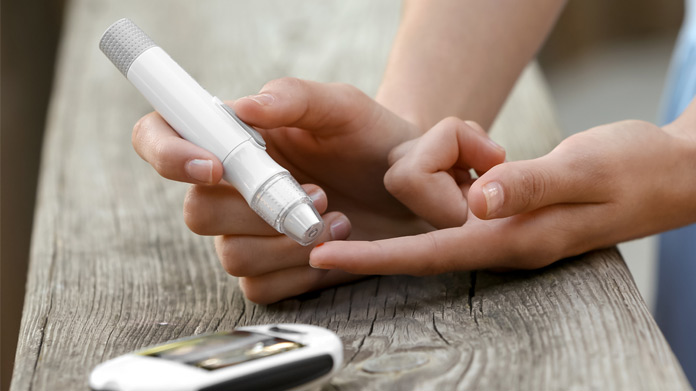Create Your Offer
Berberine is a superior-quality supplement obtained from common barberry. This berberine supplement contains an exceptionally high level of the phytonutrient, known for its remarkable effects on cardiovascular health and that has been used for thousands of years in Ayurvedic medicine.
What is a Berberine Supplement Used for?
So, what is berberine? And what is it used for?
Berberine is a substance produced by certain plants, such as the common barberry (Berberis vulgaris). It is an alkaloid that, as originally hypothesized by Winterstein and Trier back in 1910, may produce positive physiological effects, even at low doses. That hypothesis has since been further tested in scientific studies related to alkaloids.
In vitro, this alkaloid has potential antioxidant, anti-inflammatory, hypoglycemic, hypotensive, and hypolipidemic effects. In addition, it may act as a calcium channel blocker.
Which plants contain berberine?
It is found in a wide range of plants, including Mexican prickly poppy, goldenseal, Oregon grape, yellowroot, and Berberis aristata, a shrub that grows in the Indian Himalayas.
Berberine Capsule Benefits
The benefits of berberine supplements have been extensively studied and may surprise you.
So, what is a berberine supplement good for?
Research indicates that berberine may help regulate blood sugar.
More specifically, studies show that berberine may decrease pancreatic hormone resistance, reduce sugar production in the liver, and slow down the breakdown of carbohydrates.
Some people also take berberine for heart health. More specifically, it has been studied as a way to combat indicators of heart failure. However, studies also suggest a connection between berberine and cholesterol.
Berberine has also been researched for its anti-inflammatory and antioxidant properties. Furthermore, it may help fight harmful viruses, fungi, parasites, and bacteria, according to additional studies.
How is the Berberine Supplement Produced?
Plants from the Berberis genus grow in all the world's semi-tropical regions. That is why berberine is an integral part of the major traditional medicine systems, such as Ayurvedic and Chinese medicine.
Our barberry supplement is obtained from Berberis vulgaris (common barberry), which grows predominantly in Iran, the world's largest producer with 11,000 hectares of cultivation.
Various parts of the plant are suitable for therapeutic use, namely the bark, root, and stem, though dried barberries are most commonly used.
Barberry contains other alkaloids such as oxyacanthine, berbamine, bervulcine, and columbamine, but berberine attracts the most interest in the scientific community. That is why we have chosen to focus on berberine in our natural barberry extract supplement, which contains 97% active principles.
What are Berberine's Mechanisms of Action?
Berberine has been widely studied for its properties and physiological effects. The barberry plant has been used for thousands of years – references to using Berberis vulgaris for "purifying the blood" have been found on clay tablets in the personal library of the Assyrian Emperor Ashurbanipal, dating back to 650 BC. It was also used in Ayurvedic medicine for infections and wounds and to help "open the mind."
With an estimated intestinal absorption of 0.4 to 1%, which is low, there are questions surrounding its bioavailability when taken orally. However, in vitro studies show that the distribution of orally-ingested berberine in tissues is much greater than its concentration in the blood. As a result, it is rapidly transported to the kidneys, muscles, heart, pancreas, liver, and fat, where it is metabolized and converted into berberrubine, thalifendine, and jatrorrhizine, its main active metabolites.
Scientists are currently investigating its mechanisms of action: hundreds of studies evaluating its benefits for cardiovascular health are published yearly. In addition, pharmacokinetic interactions have already been observed when co-administered with cyclosporin A, which is used for treating auto-immune diseases.
What About Berberine's Side Effects?
One of the most common questions customers have before buying berberine – or any supplement, for that matter – is, what are its side effects?
For most people, taking berberine is considered completely safe. However, before you buy a berberine supplement, you must know if it will interact with your medications or health conditions. Let your physician know you are considering starting a Berberis supplement regimen to get a professional opinion.
This step is most important if you take other prescriptions or have pre-existing health conditions.
Additionally, there is not enough research to support taking berberine while pregnant or breastfeeding. So, unless your healthcare provider recommends it, it is best to avoid berberine during this time.
If you notice any side effects after you start taking berberine, or any other supplement regimen, you should stop taking it immediately and contact your healthcare provider.
What is Berberis Vulgaris?
Berberis vulgaris falls under several names, including European common or barberry. It is a shrub that produces acidic berries, which people consume as a refreshing fruit worldwide.
So why is Berberis vulgaris an ingredient in our berberine supplement? The answer is in its rich vitamin C content. As everyone knows, vitamin C is vital to a range of bodily functions, which is why many people will take a barberry supplement to support their diet.
The high levels of pectin in berberine supplements are one of the reasons why they are beneficial. This has been shown to provide various health benefits, including lowering LDL-cholesterol levels.
People also buy berberine for reasons other than health. It has been used in cuisine worldwide for centuries, including in jam, Iranian rice pilaf, and to add flavor to various chicken dishes.
So, what does Berberis Vulgaris Look Like?
For starters, the best berberine supplement comes from a deciduous shrub growing up to four meters high. The leaves are small ovals and come with serrations. When in bloom, the flowers are yellow, and the berries are red and oblong.
Typically, the berries are ready for harvesting in the late summer or autumn, but the exact harvesting time can vary based on where they are grown.
Even though the Berberis vulgaris supplement is a relatively recent invention, it has been used for health reasons for centuries. Most scientists believe that the use of berberine supplements dates back 2,500 years in some form.
Historians have shown that the people of the Indian subcontinent used it as part of their folk medicine as a berberine diabetes supplement to improve appetite and promote vigor and general well-being.
These are just some reasons why using Berberine 60 capsules and deciding to buy a Berberine supplement can be so beneficial for people concerned about their health.
Buy Berberine Supplements: Questions from Users?
Why is it more expensive to buy Berberine than other products?
The Berberis vulgaris supplement offered by SuperSmart is one of the best berberine supplements available. It is standardized to 97% berberine, the highest percentage on the market. It represents a considerable scientific achievement, as it is challenging to produce berberine in a capsule.
What can I Take Alongside this Berberine Supplement?
There are several supplements available to buy at SuperSmart that may pair well with berberine:
- For example, the compounds in the formulation Carbo Defense™ may help control carbohydrate metabolism, primarily by reducing absorption of sugars in the small intestine.
- DHA (docosahexaenoic acid), sold in supplement form at SuperSmart as Super DHA, is designed to help maintain normal triglyceride levels.
- PectaSol®, a natural concentrate of lemon pectins, may help reduce postprandial increases in blood sugar when taken with meals at a dose of at least 10 grams.
- Beta 1.3/1.6 Glucan, a natural substance obtained from yeast cell walls, is meant to help maintain optimal cholesterol levels.
And if you like taking phytonutrients, you have several other supplement options, such as:
- Apple Polyphenols – a concentrate of apple polyphenols.
- Broccoli Sulforaphane Glucosinolate – standardized in sulforaphane glucosinolate.
- Olive Leaf Extract – a Mediterranean formulation with triple action against cholesterol and triglycerides.
- Double Pomegranate – a pomegranate-based supplement with high antioxidant potency.
WARNINGS
Do not exceed the recommended daily dose. This product is a nutritional supplement and should not be used as a substitute for a varied and balanced diet or a healthy lifestyle.
STORAGE
Store in a cool, dry place away from direct sunlight, heat, and humidity. Keep out of reach of children.
PREGNANCY AND MEDICAL CONDITIONS
If you are pregnant, breastfeeding, or have any medical conditions, consult your healthcare provider before using this product.
SUPPLEMENT INTERACTIONS
Consult your healthcare provider before use, especially if you are taking any medications or other supplements as there may be potential interactions.
march 26 2024
It has worked for me.
august 2 2023
Already did that !!
april 8 2022
What can I say, except that it works!
march 14 2021
Product does what it's claimed to do Product works as advertised!
june 6 2020
Berberine was recommended to me by a world renowned preventative cardiologist at the Cleveland Clinic, and this product has met all my expectations.
Need Help?
Phone Number
+1 (786) 522-3907
From 9 am to 6 pm (EST)
Email Address
You May Also Like

